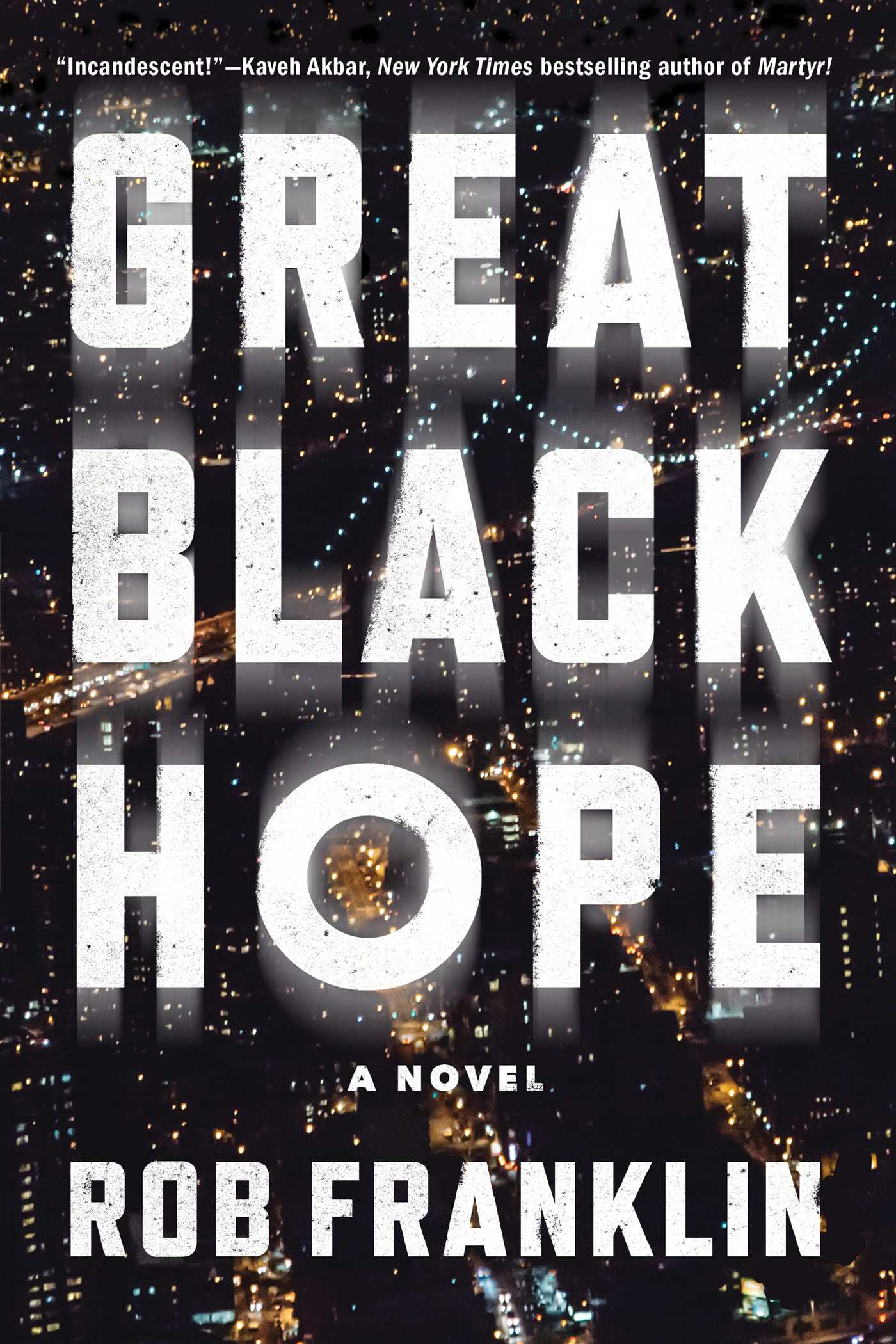GREAT BLACK HOPE
A Novel by Kimbilio Fellow Rob Franklin
An arrest for cocaine possession on the last day of a sweltering New York summer leaves Smith, a queer Black Stanford graduate, in a state of turmoil. Pulled into the court system and mandated treatment, he finds himself in an absurd but dangerous situation: his class protects him, but his race does not.
It’s just weeks after the death of his beloved roommate Elle, the daughter of a famous soul singer, and he’s still reeling from the tabloid spectacle—as well as lingering questions around how well he really knew his closest friend. He flees to his hometown of Atlanta, only to buckle under the weight of expectations from his family of doctors and lawyers and their history in America. But when Smith returns to New York, it’s not long before he begins to lose himself to his old life—drawn back into the city’s underworld, where his search for answers may end up costing him his freedom and his future.
Smith goes on a dizzying journey through the nightlife circuit, anonymous recovery rooms, Atlanta’s Black society set, police investigations and courtroom dramas, and a circle of friends coming of age in a new era. Great Black Hope is a propulsive, glittering story about what it means to exist between worlds, to be upwardly mobile yet spiraling downward, and how to find a way back to hope.



